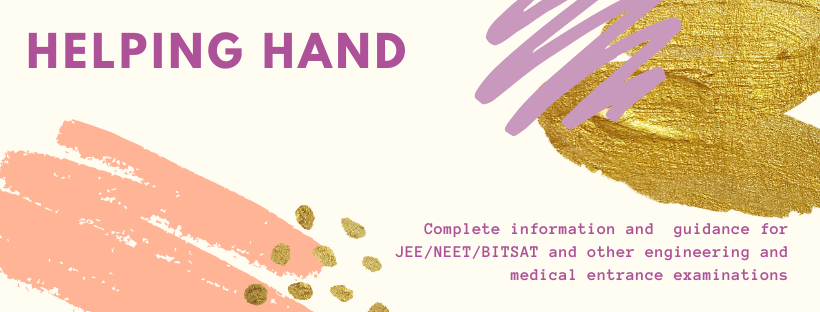SOURCE:TELEGRAPH INDIA
Many students with the problem-solving skills required of engineers are losing out on National Institutes of Technology seats because of the weightage given to admission seekers' board scores, two expert panels have said.
These panels have forwarded several arguments to recommend that the NITs scrap the 40 per cent board weightage- as The Telegraph had reported last month - and admit students solely on the basis of their scores in the JEE Main, which now receive 60 per cent weightage.
The 31 NITs are in favour of dropping the board weightage, introduced in 2013. But they want to follow the premier Indian Institutes of Technology in admitting students on the basis of their scores in the JEE Advanced, which only the top 1.5 lakh JEE Main performers can take. The government is yet to take a final decision on either issue.
One of the panels was appointed by the Union human resource development ministry and was headed by IIT Bombay director Devang Khakhar. The JEE Apex Board had appointed the other, headed by Rajat Moona, director-general of the Centre for Development of Advanced Computing.
Here are some of their findings:
• A few candidates with very poor - even negative - JEE Main scores but good board percentiles this year received higher ranks on the merit list than some with far better JEE Main scores but poor board percentiles, the Moona panel has found. (See chart)

• A student with zero marks in the JEE Main can earn a rank of about 65,000 thanks to his board marks, the Khakhar panel calculated.
• The Khakhar panel quoted parents who had presented calculations to show that a one per cent difference in candidates' board marks can sometimes separate them by 2,000 ranks on the merit list while a 10 per cent difference in JEE Main marks can have much less impact. The panel, however, gave no details.
These examples suggest that candidates' marks in their board exams - which do not generally test their problem-solving abilities - can sometimes influence the merit list more than their scores in the JEE Main, which does test these abilities. The panels, therefore, felt the present system was hurting many deserving candidates.
• The Khakhar panel felt that one of the objectives behind the weightage accorded to board marks - that it would encourage students to pay more attention to their school education - was misplaced since only a tiny fraction of schoolchildren took the JEE. Administrative measures alone can improve school education, it said.
• Another objective behind the board weightage was to check the trend among students to take private coaching for the JEE. But the Moona committee quoted educational ads to show that some coaching institutes were now offering integrated coaching for school education as well as the JEE Main.
It said that 14.63 per cent of candidates for the All India Engineering Entrance Examination, which in 2013 became the JEE Main, had admitted to having been coached. In 2013 and 2014, this percentage increased to 18.15 and 18.89.
• One other objective behind the board weightage was to boost rural and girl students' admission to the NITs. The Moona panel found that this had been achieved to an extent. From 27.67 per cent in 2012, rural students' proportion among the top one lakh rankers increased to 29.47 per cent in 2013, 30.79 in 2014, and 30.20 in 2015.
Girls' participation increased from 22.34 per cent of candidates in 2012 to 25.52, 26 and 25.79 per cent, respectively, in 2013, 2014 and 2015. Their proportion among the top one lakh rankers rose from 18.57 to 22.75, 22.55 and 22.25 per cent.
• Some or other among the country's 30-odd school boards delays the publication of its results every year, holding up the admission process.
• The Moona panel found that some boards offer only four courses in Class XII while some others offer five, six or seven. Since the board weightage is calculated on the basis of a candidate's five best-scoring subjects, the boards that offer just four courses cite physical education as the fifth.
However, a candidate's scores in physical education provide little insight into his academic capabilities, the panel said.
• The Moona panel highlighted the problem of rank allotment to students who seek re-evaluation (or a revision of the calculation) of their board marks. Since their results arrive later than those of others, they are assigned fractional ranks --- say, 100.1 or 100.2 if they fall between the already declared 100th and 101st rankers.
Although this does not interfere with merit-based selection, the panel objected on the ground that under this system, the lower ranks do not reflect a candidate's real position.
The Khakhar panel also questioned the process of normalising candidates' board scores, which is necessitated by the boards' differing degrees of generosity in awarding marks, but did not cite specifics. Nor did it suggest ways of improving the normalisation process, perhaps because it wants the board weightage scrapped altogether.
At the October 1 meeting of the NIT Council, some members said the board weightage had helped more girls and rural students secure admission. Another committee will be set up to study the impact of the board weightage in detail.

